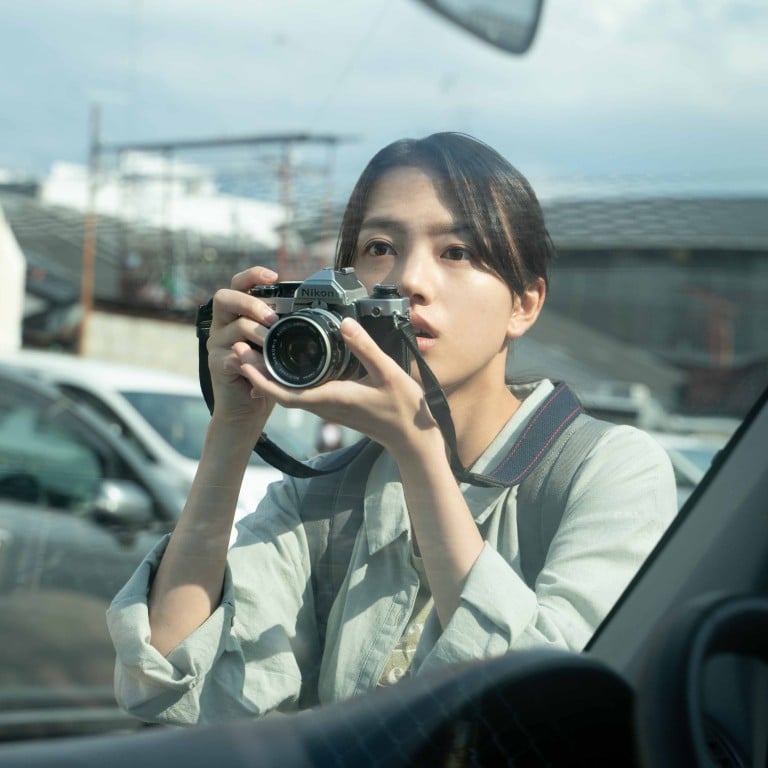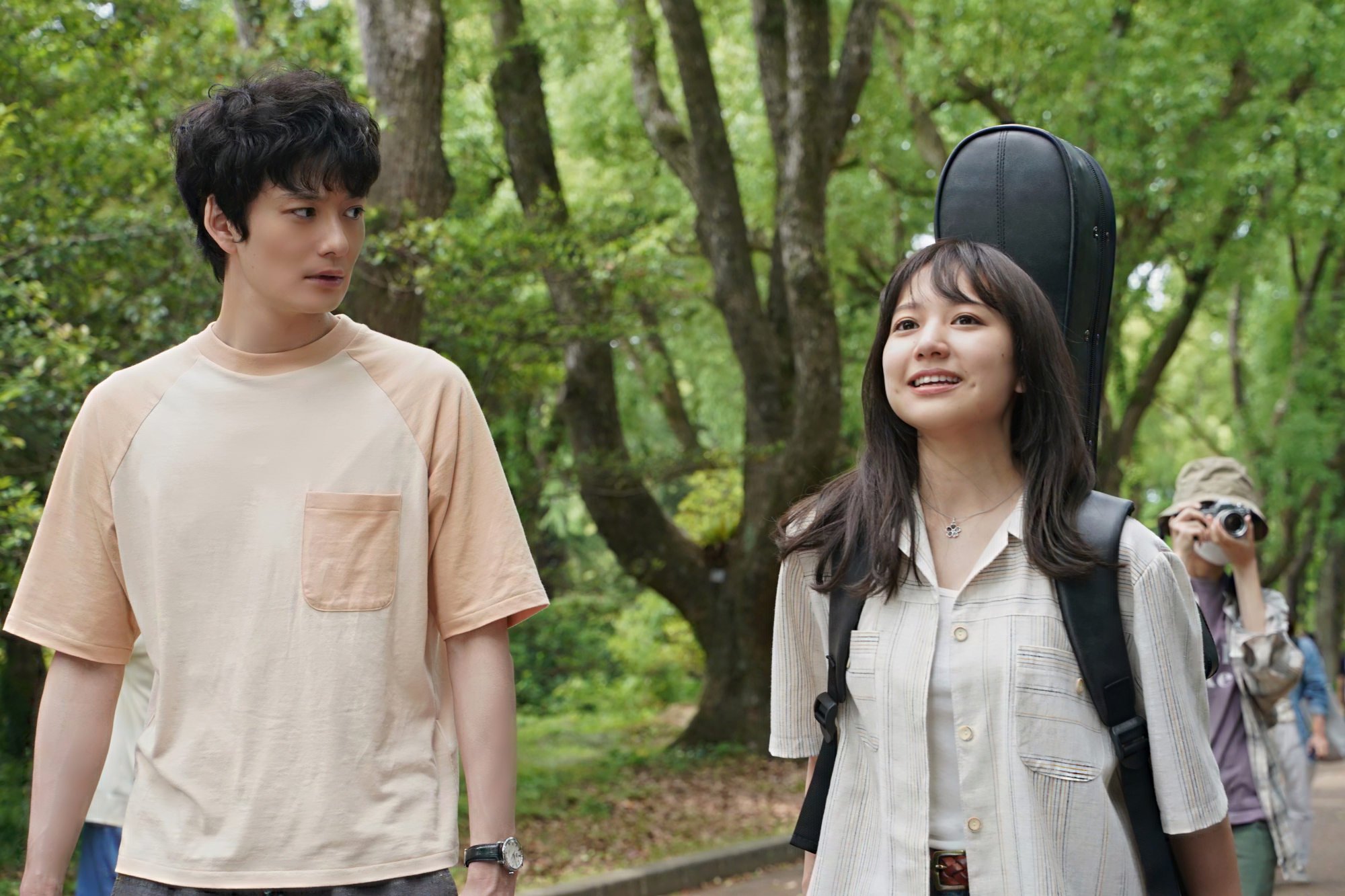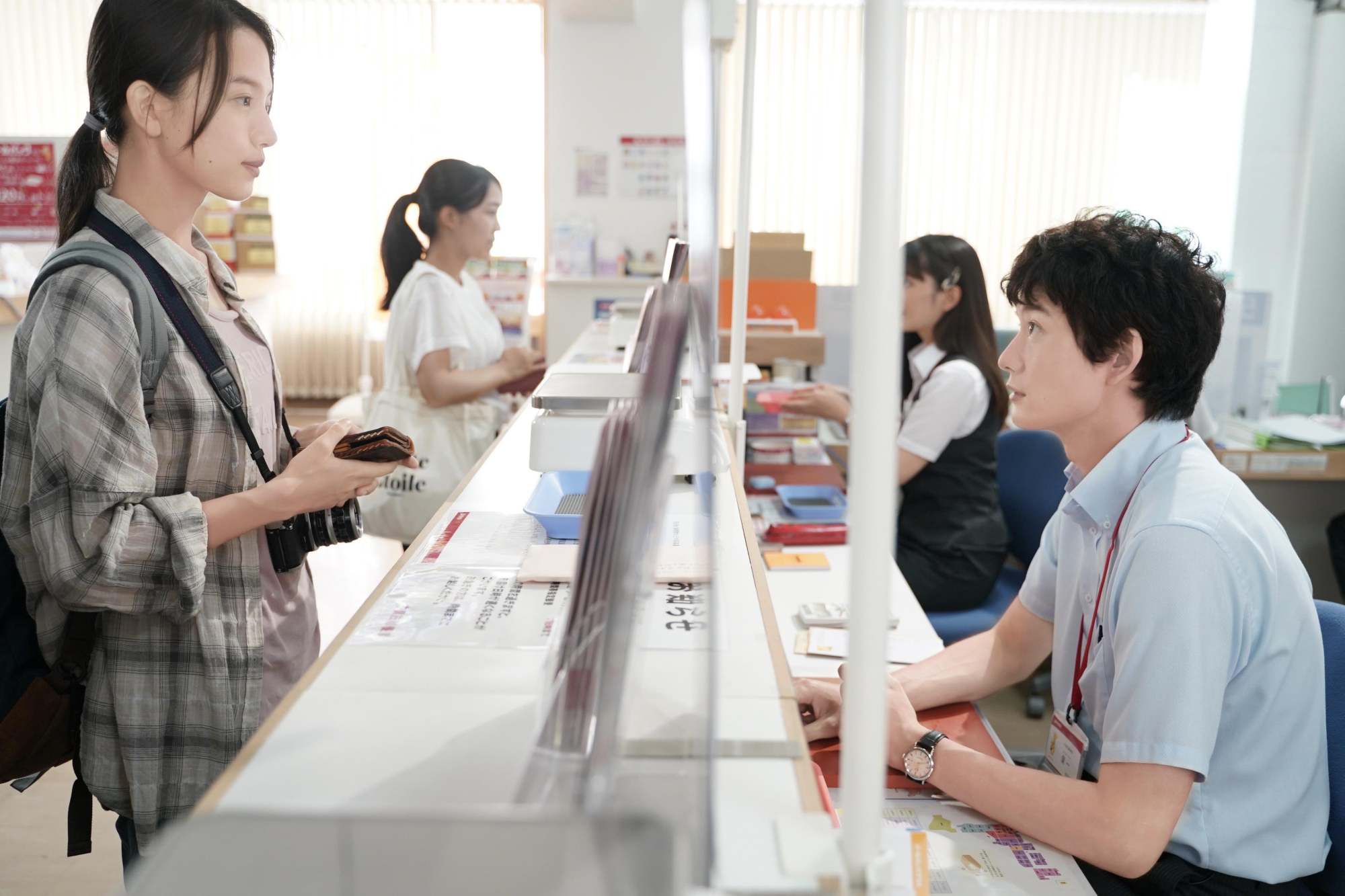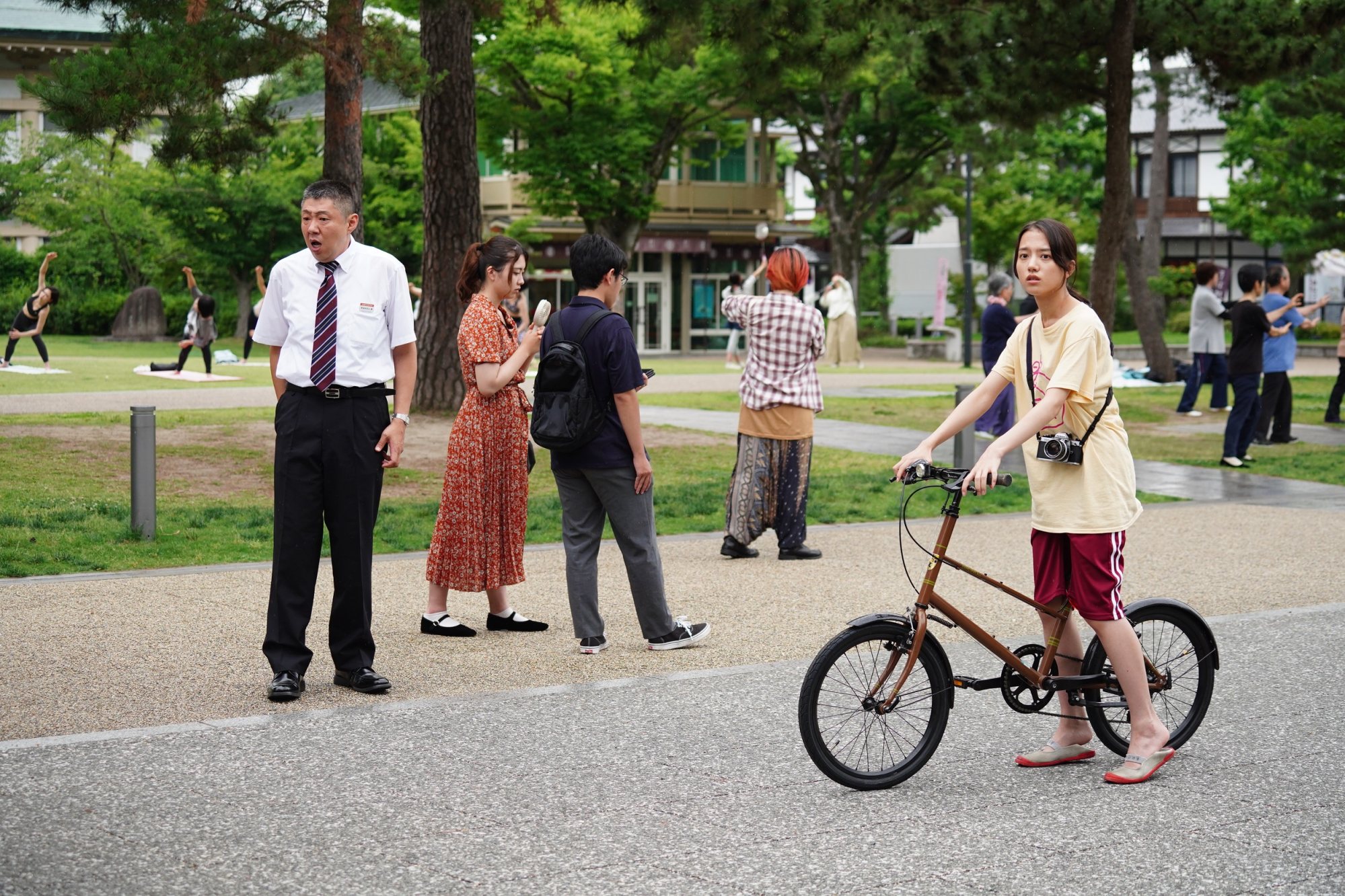
Review | My Missing Valentine movie review: Japanese remake also known as One Second Ahead, One Second Behind replicates the problems of Taiwanese romantic fantasy
- In the wake of the #MeToo movement, Chen Yu-hsun’s romantic fantasy My Missing Valentine winning best film at the 2020 Golden Horse Awards seemed a misstep
- The Japanese remake attempts to address some of the concerns it raised, and gender-swaps the central characters, but is as packed with problems as the original
2/5 stars
Three years on, Nobuhiro Yamashita’s Japanese-language remake – also known as One Second Ahead, One Second Behind – attempts to address some of these concerns, without altering the sweep of the central narrative.
By switching the genders of the two central characters, he renders the questions of consent more muted; however, this significant change inadvertently produces new flaws.
Masaki Okada inherits the role of the unassuming post office worker played by Patty Lee Pei-yu, who lives life one second faster than the world around him.

As a result of this unexplained fantastical gimmick, Hajime (Okada) feels somewhat out of step with the rest of the world, but that does not stop him from securing a date for the firework festival with aspiring musician Sakurako (Rion Fukumuro). A mystery unfolds when he wakes up, horribly sunburned, to discover that he has slept right through the special day.
It is in its second half that My Missing Valentine really kicks into gear, as the clock is turned back to repeat the events of the previous few days as seen through the eyes of Reika (Kaya Kiyohara), a timid young woman who frequents the post office and who, up to this point, has only been seen in passing.
We soon learn that, like Hajime, she lives life a second behind everyone else, which leads to even greater, more cataclysmic time-bending events.

Both iterations of My Missing Valentine lean heavily upon bizarre and fantastical phenomena that the storytellers make no attempt to explain but hope audiences will embrace for the benefit of the story’s cripplingly inarticulate heroine.
The more romantically inclined may be willing to forgo all logic in the name of true love, but the film’s third act remains deeply creepy and unsettling in a manner that is incredibly difficult to ignore.
Add to this that the film’s entire central struggle could have been sidestepped by having one of the principal characters utter a simple “Hi, remember me?” and the result is a Valentine most will be grateful for having missed.


